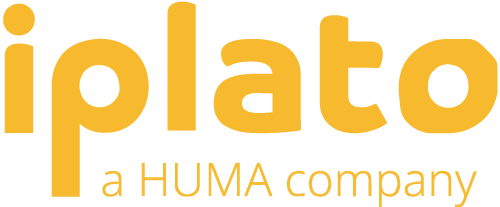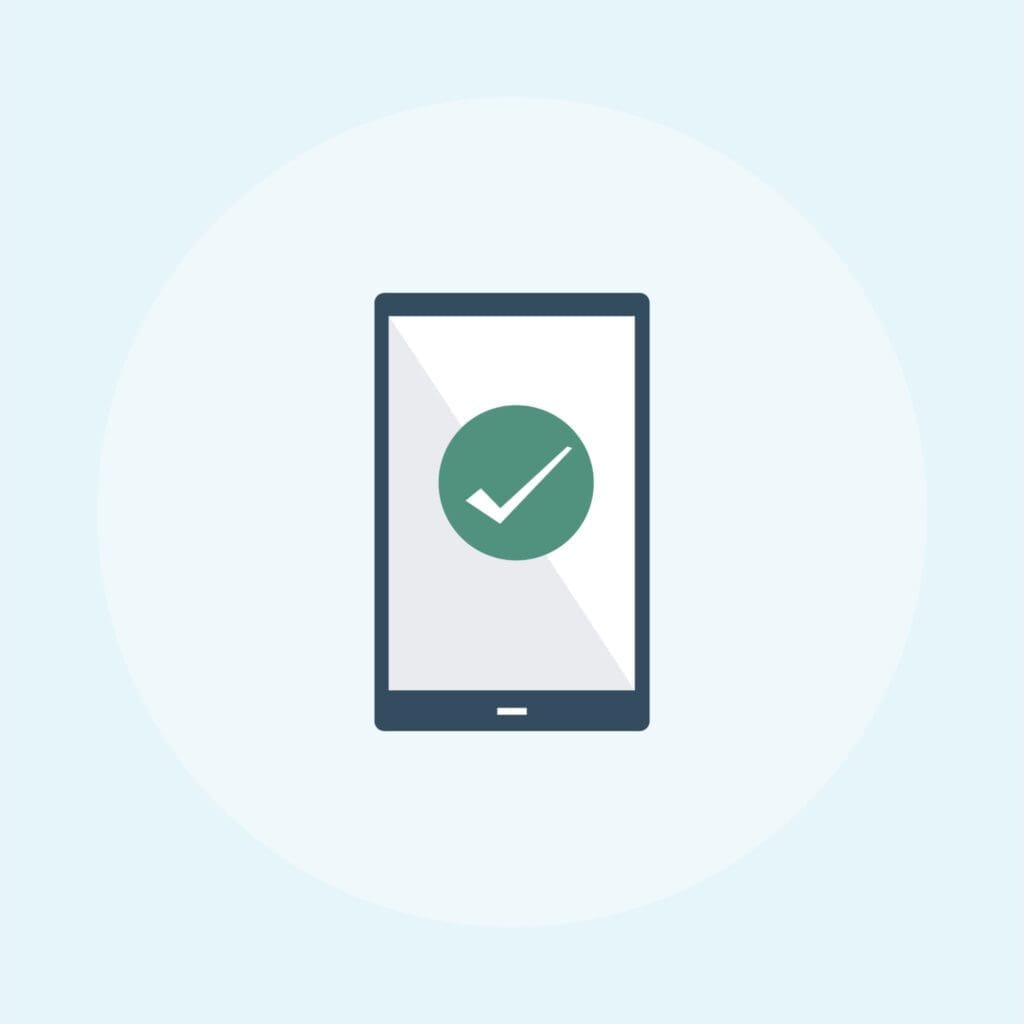iPLATO helps NHS tackle £930m non-adherence cost
- iPLATO has launched a new tracking tool in the myGP app for people to proactively take control of their medication adherence with reminders, alerts and tracking
- Over 100,000 people now benefit from free repeat prescription home delivery choice through the myGP app
- Better access and adherence tools support the reduction in non-adherence costs, currently at over £930 million for NHS.
The myGP app from iPLATO – a Huma company – has just launched a new tool giving users support to improve their adherence to their long-term condition medication.
It is estimated that between 30 – 50% of medicines prescribed for long‑term conditions are not taken as recommended. myGP app’s new medication adherence feature lets users proactively take control of their medicine intake. The flexible in-app reminders support better control and self-management with adherence tracking.
It starts with improving access
A good place to start tackling non-adherence to improve people’s accessibility to their medication. According to The Health Foundation, women in the least deprived areas in England live a further 19.7 years in good health than those in the most deprived. For men, the difference is 18.4 years.
Today, over 100,000 myGP app users access their repeat medications through their nominated pharmacy partner. Choice is crucial to ensuring adequate access. Free home delivery and high-street click-and-collect options are available.
For those navigating physical challenges travelling to their pharmacy such as patients struggling with mobility issues or carers with little time to spare, access can be the first hurdle to maintaining good adherence. The task of taking multiple medications, as prescribed with differing doses and frequency can be the second.
The personal cost
Adherence challenges can have detrimental effects on the patient’s health, in more ways than one. Dr Harriet Leyland, Clinical Advisor at myGP comments, “medication adherence is crucial for managing ill-health. People living with chronic illness are particularly susceptible to poor adherence due to the number of medications they may have to take each day.”
If a medicine is not taken as prescribed, it will have limited effectiveness and can cause mental stress for the patient too. To help, people on the myGP app taking 3 or more medications can benefit from grouped and labelled medication deliveries provided by PillTime. It bundles multiple medicines into sachets with consumption day and time clearly labelled, with convenient at-home delivery.
The economic impact
The associated cost of non-adherence to five key conditions (asthma, type 2 diabetes, high cholesterol/coronary heart disease, hypertension, and schizophrenia) is estimated at over £930 million. If adherence were to be improved, it could result in annual savings of £500 million. Broken down, this cost to the NHS is a result of wasted medicines and the increased costs of treating worsening patient health.
Dr Harriet Leyland, continues, “myGP’s medicine reminder and tracking features supports patients to take their medicines, improving their adherence, supporting the reduction of medicine wastage whilst delivering better health outcomes.”
A wider lens
Across the EU, the impact of poor medicine compliance is said to contribute to almost 200,000 deaths a year. As we turn to technology to support and help minimise this gap, it is optimistic to see many companies innovating in the space, helping people to live healthier and longer lives.
Having recently received the EU MDR Class IIb certification, Huma’s remote patient monitoring app supports higher-risk patients managing long-term chronic diseases, with more challenging medication regimes to remain observant. Communication is possible between clinician and patient with alerts, notifications, and self-learning modules.


